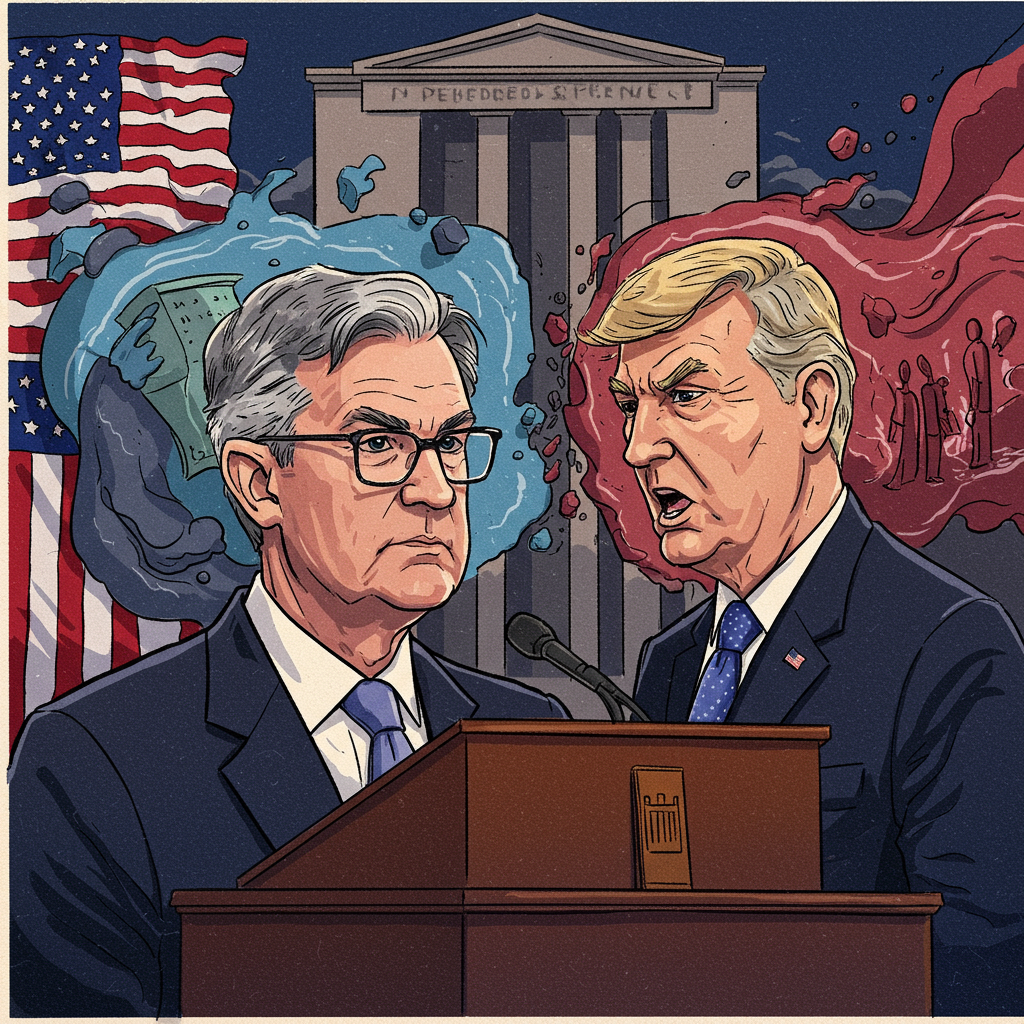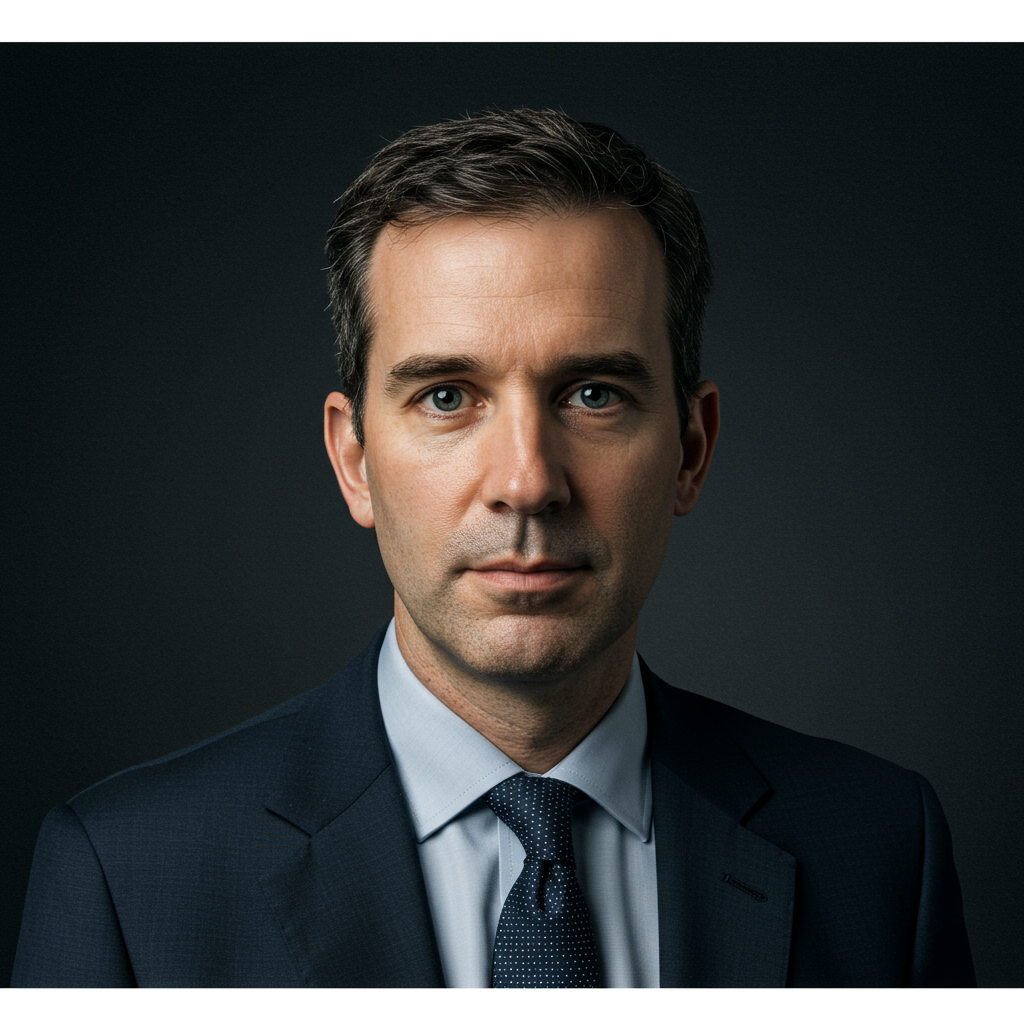The iconic red and white brand, Coca-Cola, recently made waves with a significant announcement: a new version of its flagship beverage, sweetened with U.S. cane sugar, is set to hit American shelves this fall. This development isn’t just about a new taste; it reflects a complex interplay of evolving consumer preferences, strategic product innovation, and high-level political advocacy. While many consumers have long sought the cane sugar experience found in “Mexican Coke,” this new domestic offering aims to provide a fresh option, complementing the existing high-fructose corn syrup (HFCS) sweetened soda.
The move comes after public pressure from influential figures, highlighting a fascinating blend of business strategy and political dynamics. Coca-Cola’s decision signals an adaptive approach to an increasingly diverse beverage market, where offering more choices is key to maintaining brand leadership.
Coca-Cola’s Sweet New Offering Arrives This Fall
During a recent conference call with analysts following their quarterly earnings report, Coca-Cola Chairman and CEO James Quincey confirmed the imminent launch. The new product is designed to “expand our trademark Coca-Cola product range with U.S. cane sugar,” providing fans with an additional choice rather than replacing the current core product. This strategic move aims to cater to what Quincey described as “consumer interest in differentiated experiences,” signaling Coca-Cola’s commitment to utilizing its “whole toolkit of available sweetening options” to meet varied tastes.
For years, a dedicated segment of U.S. consumers has actively sought out imported Mexican Coke, valuing its cane sugar formulation over the HFCS used in most American versions. This new domestic variant directly addresses that established demand. Notably, Coca-Cola already incorporates cane sugar in several other U.S. beverages within its diverse portfolio, including various lemonades, teas, coffee products, and Vitamin Water, demonstrating a history of adapting sweeteners to specific brand identities and consumer expectations.
The Presidential Influence: A “Very Good Move”
The announcement by Coca-Cola closely followed public statements from President Donald Trump, who claimed to have successfully lobbied the beverage giant to adopt real cane sugar in its U.S. products. On Truth Social, Trump asserted that Coca-Cola had “agreed” to his push, stating, “This will be a very good move by them — You’ll see. It’s just better!” While Coca-Cola acknowledged the President’s “enthusiasm for our Coca-Cola brand,” specific details of any direct communications with the White House were not elaborated upon by CEO Quincey.
President Trump, a known consumer of Diet Coke (which is sweetened with artificial sweeteners), has consistently advocated for policies supporting American industries. The use of domestic cane sugar aligns with his “America First” economic agenda, which has included imposing tariffs on foreign goods to bolster U.S. production. This political alignment suggests that Coca-Cola’s decision, while driven by consumer demand, also resonates with broader national economic priorities. The U.S. sugar industry, benefiting from significant market protections against foreign rivals, typically sees domestic sugar prices roughly double those on the world market, which could influence the cost structure of this new beverage.
The Health Debate: Cane Sugar vs. High-Fructose Corn Syrup
Beyond consumer preference and political influence, the discussion around sweeteners often circles back to public health. Robert F. Kennedy Jr., serving as Health and Human Services Secretary and a vocal proponent of the “Make America Healthy Again” (MAHA) movement, has been a key figure advocating for cane sugar in foods, even applauding restaurant chains for offering real cane sugar Coca-Cola. Kennedy has also been critical of high-fructose corn syrup (HFCS) and artificial additives, previously stating that sugar “is poisoning us” and supporting initiatives to remove sugary drinks from food stamp programs.
Despite the strong public perception and historical concerns linking HFCS to health issues like obesity (fueled by a widely-read, though later recanted, 2004 report), scientific consensus presents a different picture. Experts like David M. Klurfeld, an adjunct professor at Indiana University School of Public Health-Bloomington, assert that “there is overwhelming evidence that cane or beet sugar have almost no difference from HFCS in composition and no difference in any health effects.” Dr. Dariush Mozaffarian, a cardiologist at Tufts University, concurs, explaining that “both high fructose corn syrup and cane sugar are about 50% fructose, 50% glucose, and have identical metabolic effects.”
Both sweeteners contribute equally to the risk of obesity, diabetes, and other metabolic issues, providing the same number of calories. They argue that while the body processes them differently, their ultimate impact on health is virtually indistinguishable, especially when consumed in sugary drinks with acidic pH levels, which further homogenize their chemical composition. Observational studies linking HFCS to adverse health effects are often confounded by other lifestyle factors, making it difficult to prove direct causation. Conversely, randomized controlled studies comparing sugar and HFCS for effects on blood glucose, lipids, or weight loss have consistently shown no significant differences. Therefore, from a purely nutritional standpoint, the switch in sweetener for Coca-Cola is unlikely to offer consumers tangible health benefits.
Industry Perspectives and the Path Forward
The introduction of a cane sugar option has also sparked reactions within the agricultural sector. The CEO of the Corn Refiners Association expressed concern that replacing HFCS could “cost thousands of American food manufacturing jobs, depress farm income, and boost imports of foreign sugar, all with no nutritional benefit.” This highlights the complex economic ecosystem surrounding sweetener production in the U.S., where domestic cane sugar production (primarily in states like Texas, Florida, and Louisiana) accounts for only about 30% of the total U.S. sugar supply.
Coca-Cola’s decision ultimately underscores its commitment to innovation and responding to diverse consumer demands. By expanding its “Trademark Coca-Cola product range,” the company aims to offer an “enduring option for consumers,” leveraging its full “toolbox” of sweetening options. This strategic flexibility allows Coca-Cola to cater to niche preferences, enhance brand loyalty, and navigate the evolving landscape of beverage consumption, regardless of the nuanced scientific debate surrounding sweeteners. The new cane sugar Coke represents not just a product launch, but a fascinating chapter in the ongoing story of a global beverage giant adapting to modern market forces and consumer expectations.
Frequently Asked Questions
What prompted Coca-Cola to introduce a new cane sugar version?
Coca-Cola’s decision to launch a new U.S. cane sugar version was driven by a combination of factors. Primarily, it’s a response to long-standing consumer demand for a cane sugar option, akin to the popular imported “Mexican Coke.” Additionally, the move aligns with recent advocacy from President Donald Trump, who publicly pushed for the use of real cane sugar in U.S. products. This strategic expansion also reflects Coca-Cola’s broader “innovation agenda” to offer more diverse choices and experiences to consumers.
When will the new US cane sugar Coke be available to consumers?
According to Coca-Cola Chairman and CEO James Quincey, the new Coca-Cola sweetened with U.S. cane sugar is slated to hit the market in the fall. This offering will be an addition to the company’s product line, serving as an alternative to the standard high-fructose corn syrup-sweetened Coca-Cola, rather than a replacement for it.
Is Coca-Cola sweetened with cane sugar healthier than the high-fructose corn syrup version?
From a scientific and nutritional standpoint, experts generally agree there is no significant health difference between Coca-Cola sweetened with cane sugar and the high-fructose corn syrup (HFCS) version. Both sweeteners are composed of similar proportions of glucose and fructose, deliver the same number of calories, and have identical metabolic effects on the body. While public perception sometimes favors cane sugar, leading researchers like David M. Klurfeld and Dariush Mozaffarian state that both contribute equally to health risks like obesity and diabetes.



